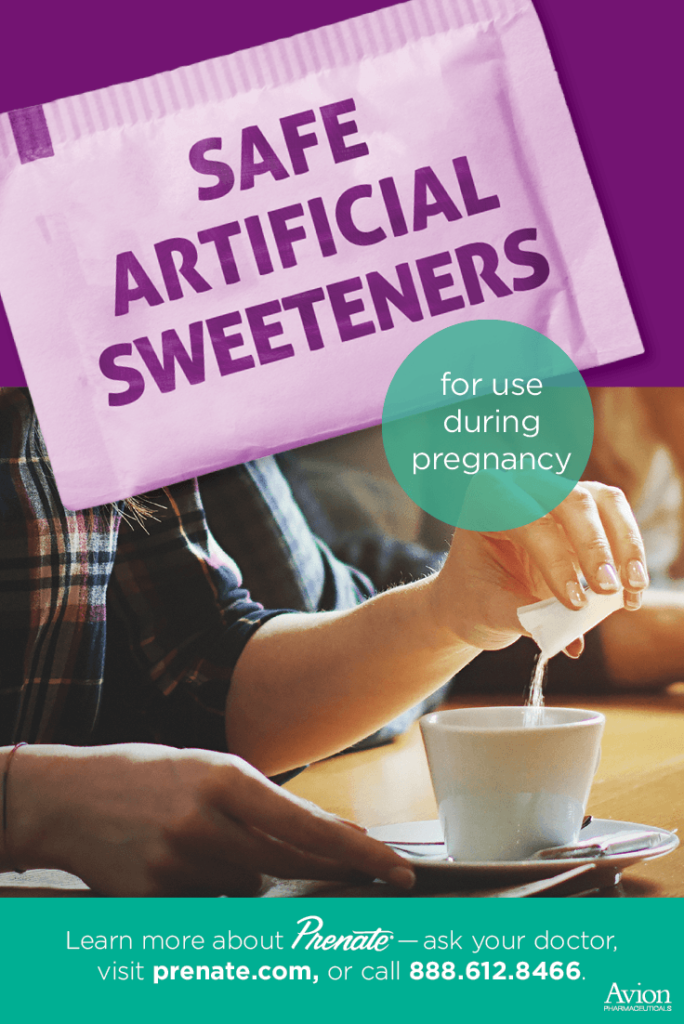
The American Pregnancy Association also notes that stevia rebaudioside-A is okay for pregnant women. The American Pregnancy Association also notes that stevia rebaudioside-A is okay for pregnant women.

Secondly a fairly recent study showed an association between maternal consumption of artificial sweeteners during pregnancy and a higher BMI body mass index in babies under a year old and this risk factor was independent of other known risk factors like higher maternal BMI smoking poor diet maternal diabetes short breastfeeding duration and early introduction of solid foods.
Artificial sweeteners during pregnancy. Heres what you need to know about the different types of artificial sweeteners and sugar substitutes you might see on food and beverage labels. Aspartame Equal NutraSweet during pregnancy. According to the FDA aspartame is safe for use during pregnancy and while breastfeeding.
The American Pregnancy Association also notes that stevia rebaudioside-A is okay for pregnant women. But though some of these artificial sweeteners have the green light from the FDA they should still be used sparingly. Should You Avoid Artificial Sweeteners During Pregnancy.
We have a lot of research and overall we do not see detrimental effects from non-nutritive sweeteners. There are some red flags showing concerns about gut microbiome health and the impact of non-nutritive or artificial sweeteners on future preferences for sweet foods. Most of the studies have been in animals and in the future we should.
Maternal consumption of artificially sweetened beverages during pregnancy and offspring growth through 7 years of age. A prospective cohort study Our findings illustrated positive associations between intrauterine exposure to ASBs and birth size and risk of overweightobesity at 7 years. Data with longer follow-up are warranted.
While there have been fewer studies of the impacts of alternative sweetener consumption before and during pregnancy there is some evidence to suggest effects on infant outcomes including preterm birth risk increased infant body composition and offspring preference for. Acesulfame potas-sium aspartame neotame polydextrose Stevia sucralose sugar alcohols known as polyols saccha-rin and thaumatin3-5 Health Canada states that consumption of sugar sub-stitutes during pregnancy does not pose a health risk but recommends that they be used in moderation so. Value ADI value but these artificial sweeteners that br eakdown products during.
Metabolism in turn are known t o ha ve health and metabolic. Yes most pregnant women can safely use any artificial sweeteners approved by the US. Food and Drug Administration FDA.
Artificial sweeteners are calorie-free or nearly calorie-free additives that are used in foods and beverages to make them taste sweet. Secondly a fairly recent study showed an association between maternal consumption of artificial sweeteners during pregnancy and a higher BMI body mass index in babies under a year old and this risk factor was independent of other known risk factors like higher maternal BMI smoking poor diet maternal diabetes short breastfeeding duration and early introduction of solid foods. If you use artificial sweeteners and are pregnant it is always best to talk with your care provider on which sweetener you are using and how much you are consuming.
Aspartame is the artificial sweetener found in NutraSweet Equal and most diet soft drinks and other sugar-free treats and its considered safe when consumed in moderate amounts. Is it safe to take artificial sweeteners during pregnancy. FDA has approved artificial.
Zero calorie artificial sweeteners like Stevia is pretty safe to consume during pregnancy. However not all artificial sweeteners are safe for you. That is where you should be more careful.
Choosing artificial sweetener is not always advisable over natural sugar. Many doctors prefer prescribing natural sugar over anything like Stevia. However on the plus side Stevia is.
Is It Safe To Use Artificial Sweeteners During Pregnancy. Yes artificial sweeteners approved by the US Food and Drug Administration FDA are safe when used in moderation. You should consume them within the acceptable daily intake ADI to prevent them from becoming empty calories that replace nutrients required for a healthy pregnancy.
Findings suggested that regular consumption of both artificial and natural sweeteners while pregnant increased body fat in offspring at weaning and body weight long-term. When used in moderation and within Health Canadas recommendations for acceptable daily intake ADI artificial sweeteners are considered safe for use in pregnant and breastfeeding women. Aspartame should be avoided by people with an inherited genetic disorder called phenylketonuria.